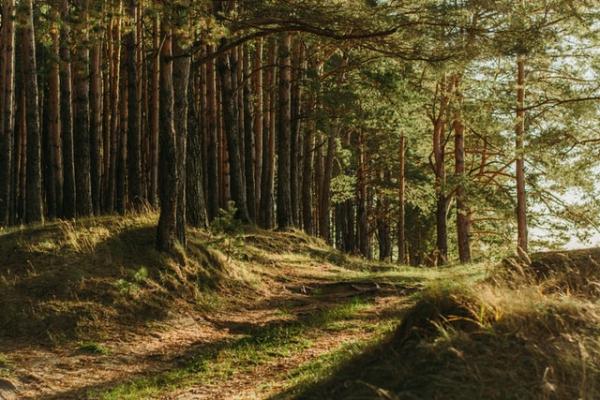Eco-Friendly Fabric Isn’t Always Eco-Friendly
- December 11 2021
- 3 min read
Eco-Friendly Fabric Isn’t Always Eco-Friendly

In the forests of Indonesia, lumber companies are planting new trees to create an eco-friendly fabric. This is an effort to create viscose rayon—a fabric made from the eucalyptus tree. Sadly, this tree is not indigenous to the region. It’s ruining the rain forests in the region. You can learn more about the problem here.
Check out Custom Earth Promos when you want to try reusable promotional products made from truly recyclable and eco-friendly materials.
Is Viscose Rayon an Eco-Friendly Fabric?
Instead of Borneo ironwood and other tropical trees that blanket many of the islands of Indonesia, the new trees are all eucalyptus. Local leaders feel it isn’t right. It looks normal to you and me, but the natives know that the eucalyptus tree should not be there.
The tree is a resource that helps make an “eco-friendly fabric” called viscose rayon. While viscose rayon comes from a renewable resource—trees—it’s not eco-friendly. The fabric is choking out one forest in favor of another.
Locals Oppose the Eco-Friendly Fabric
Ruth DeFries, a professor of ecology and sustainable development at Columbia University notes, “A plantation of a single kind of tree is a very, very different ecosystem than rainforest with millions of species.” As DeFries has done research in Indonesia, she’s come across locals who note the ecosystems are already changing.
Jonni Spedika, a former leader in one of the villages affected by this form of deforestation, says, “this is like them stealing our seas.” She went on to say, “this shouldn’t be allowed.” Spedika noted that wild pigs that the locals once hunted regularly have all but disappeared, completely changing the local ecosystem and how the locals feed their families. You can read more here.
More Eco-Friendly Alternatives
There are several eco-friendly and recyclable options on the market. One of the most popular is RPET, a product that helps create customized shopping bags, totes, and other accessories at Custom Earth Promos. It’s made from recycled water bottles. You can order today to do something truly eco-friendly for the community. Plus, you’ll avoid an “eco-friendly fabric” that impacts people just like you halfway across the world.
Gain access to Orders, Tracking, Custom Options and Much More!